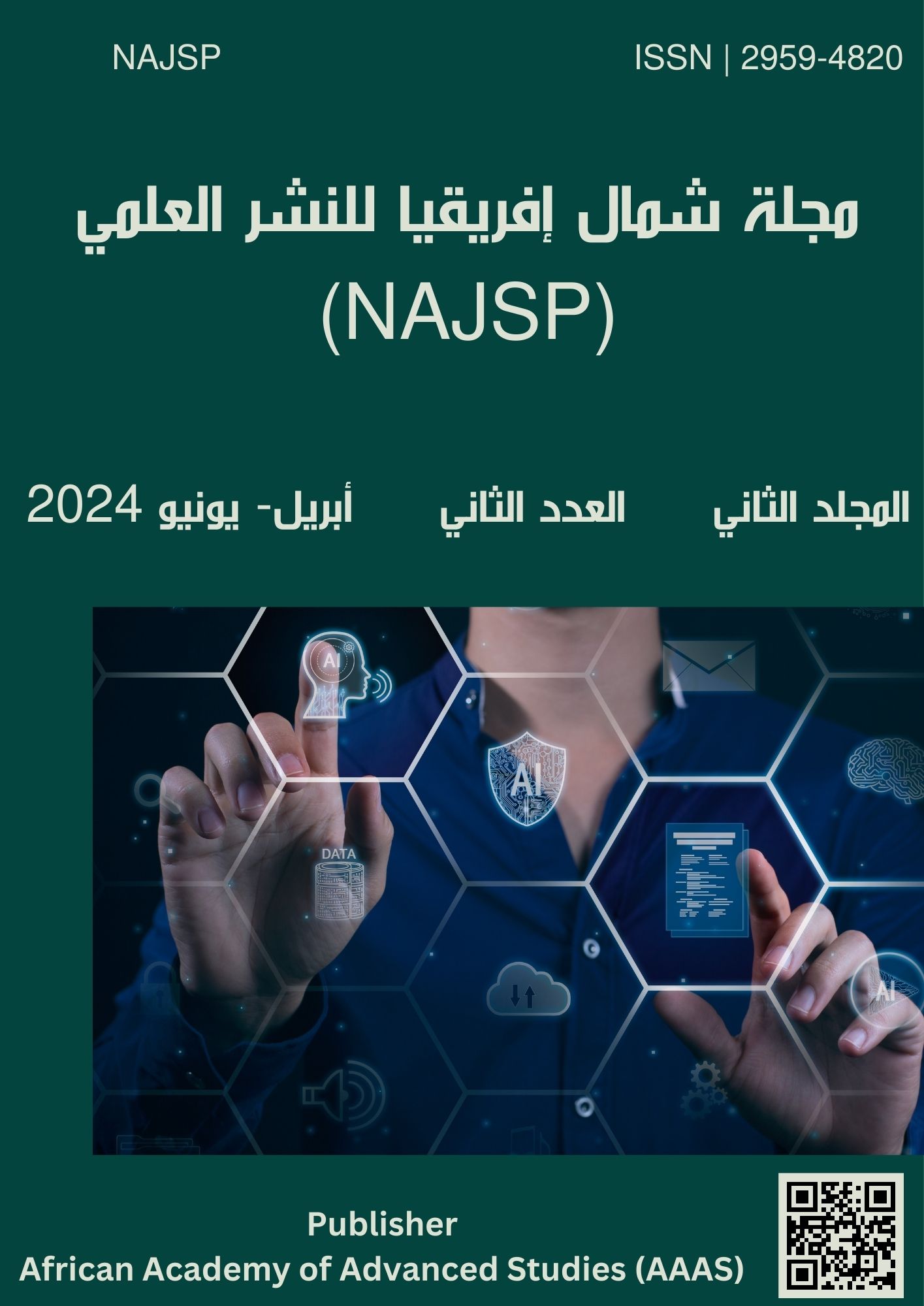Utilization of Recycled Aggregates in Concrete: Mechanical Properties and Long-Term Performance
DOI:
https://doi.org/10.65414/najsp.v2i2.195الكلمات المفتاحية:
Recycled aggregates, Concrete, Mechanical properties, Durability, Sustainable Constructionالملخص
The utilization of recycled aggregates in concrete has emerged as a promising strategy to mitigate the environmental impact of construction activities while addressing the growing demand for sustainable building materials. This research investigates the mechanical properties and long-term performance of concrete incorporating varying proportions of recycled aggregates. Ordinary Portland Cement (OPC) conforming to ASTM C150 Type I was used as the primary binder, with recycled aggregates sourced from local demolition waste. Six concrete mixes were prepared with replacement levels of 0%, 25%, 50%, 75%, and 100% by volume of natural aggregates with recycled aggregates, alongside a control mix with 100% natural aggregates. The study evaluated compressive strength, tensile strength, flexural strength, permeability, drying shrinkage, and freeze-thaw resistance of the concrete mixes at 7, 28, and 90 days. Results indicate that while lower replacement levels demonstrated comparable mechanical properties to conventional concrete, higher proportions of recycled aggregates led to reductions in strength and increased permeability and shrinkage. Recommendations include optimizing aggregate processing techniques, refining mix designs with supplementary cementitious materials, implementing stringent quality control measures, conducting long-term field studies, and advocating for standardized guidelines to promote the sustainable use of recycled aggregates in concrete construction.
التنزيلات
منشور
كيفية الاقتباس
إصدار
القسم
الرخصة
الحقوق الفكرية (c) 2024 Mohamed Alfitoure Masoud Qarera, Khaled Omar Mohamed Oraibi

هذا العمل مرخص بموجب Creative Commons Attribution 4.0 International License.







